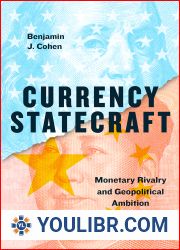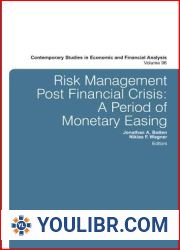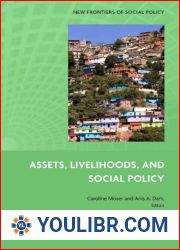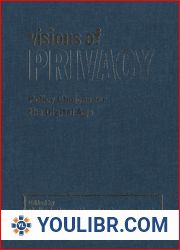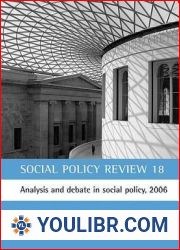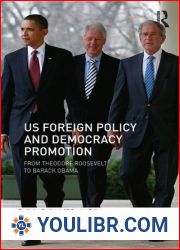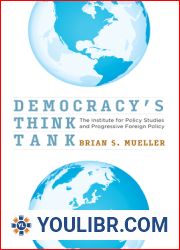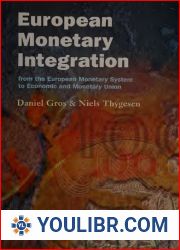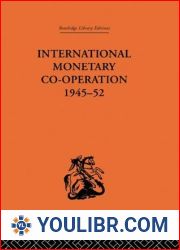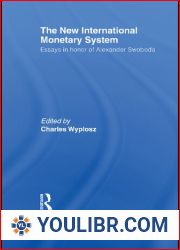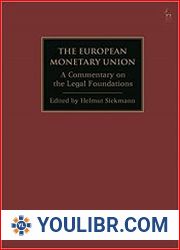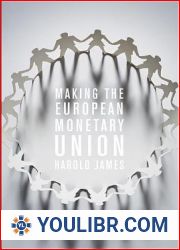
BOOKS - Monetary and Fiscal Thought and Policy in Canada, 1919-1939 (Heritage)


US $6.87

649875

649875
Monetary and Fiscal Thought and Policy in Canada, 1919-1939 (Heritage)
Author: Irving Brecher
Year: July 19, 2016
Format: PDF
File size: PDF 21 MB
Language: English
Year: July 19, 2016
Format: PDF
File size: PDF 21 MB
Language: English
In this careful and thorough study of a Canadian field which hasbeen relatively untouched in recent years, Dr. Brecher records and comments on thedevelopment of monetary and fiscal thinking in Canada in the inter-war period, andits impact on public policy in the federal sphere. Examining Canadian opinion abouteconomic theory during this time, the author draws on four fields of thatof government and other public officials; of businessmen, such as bankers, and theirviews on what should be done about the depression; of the and "radical group and ",such as those prominent in the formation of the CCF and Social Credit parties; andof economists, prominent in the universities. Dr. Brecher points out in hispreface that his inquiry is rooted in the conviction that the problems associatedwith cyclical fluctuations remain sufficiently complex to make an understanding ofthe developments of the twenties and thirties an indispensable condition foreffective stabilization policy. He finds the twenties distinguished only in thesuperficial and imperfect diagnosis of and remedial suggestions for unemployment,made chiefly by a relatively small handful of thinkers associated with theProgressive and United Farmers movements, then emerging in the West. It was thethirties which, under the impact of the depression, witnessed the first realstirrings of careful economic analysis in cyclical terms, and of statisticaltechniques for measuring the value of annual productive activity and income receiptsin the Dominion. The author has attempted to appraise the evolution of theCanadian policy of monetary and fiscal stabilization within the thought environmentin which it was conceived and implemented, and on the basis of the standards set bymodern income-employment theory.







